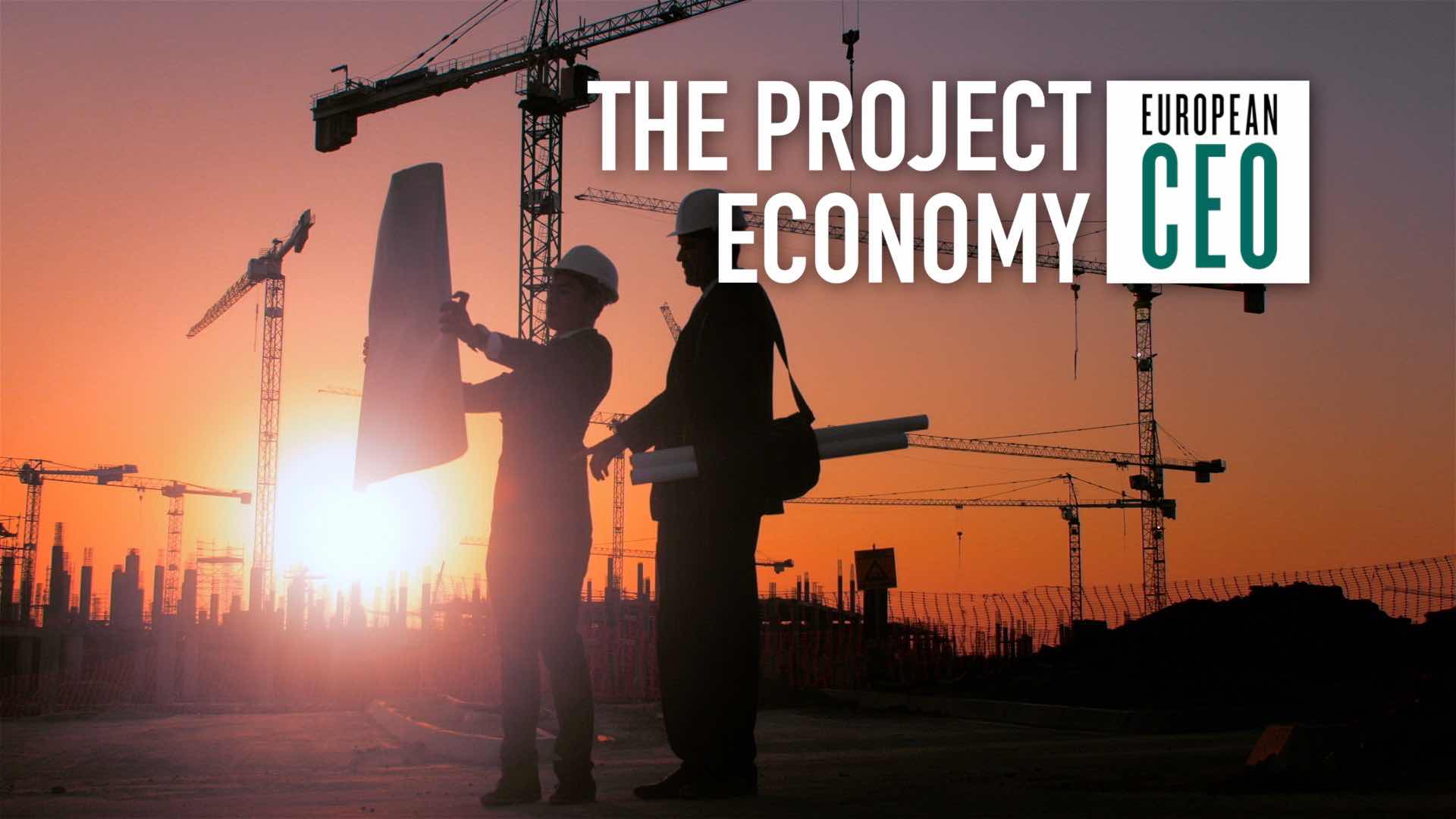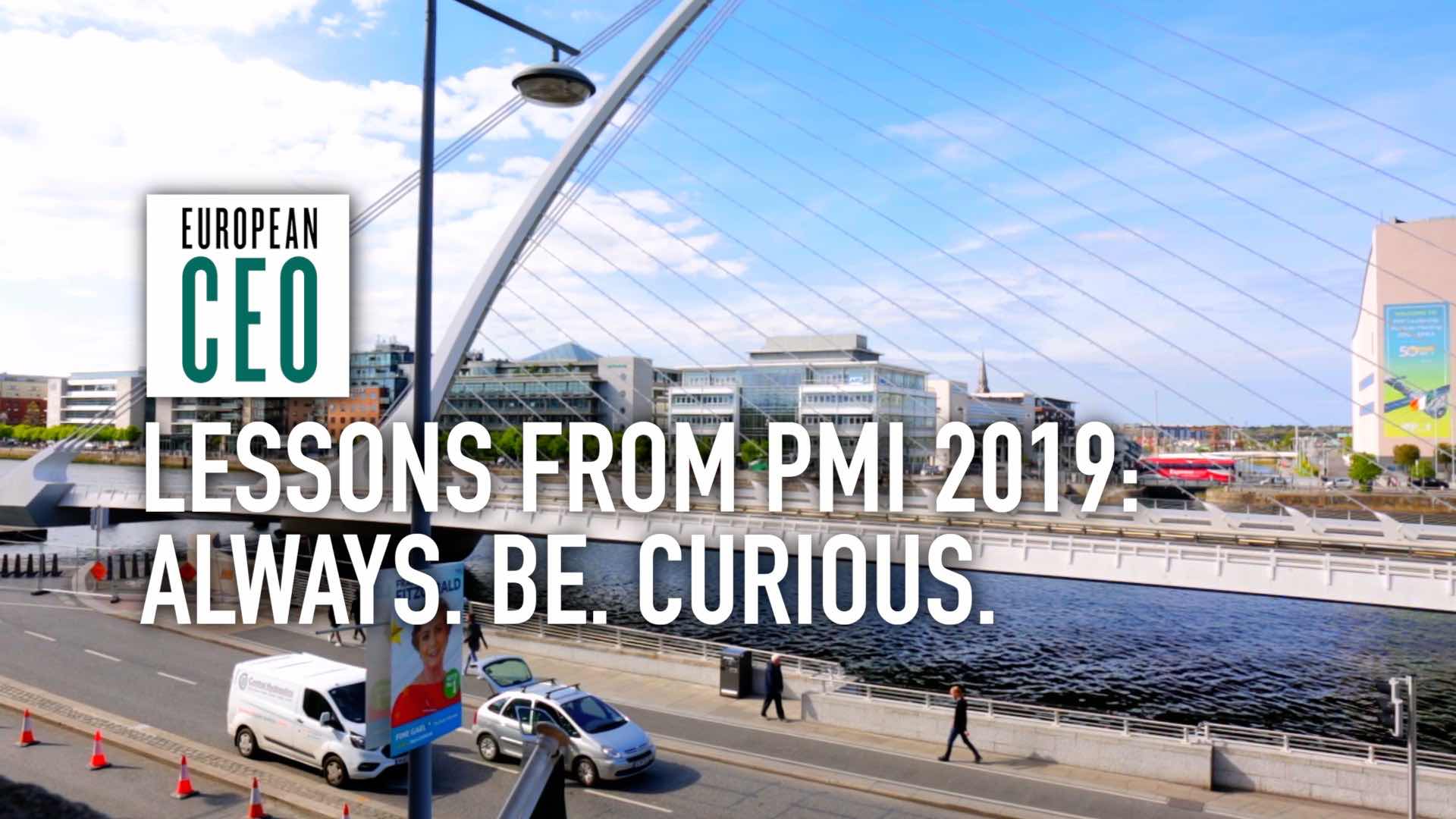Understanding and delivering value | PMI EMEA Congress 2019
"It's important that we understand the different currencies, and how different stakeholders view success," says IBM's Jim Boland
Transcript
For the Project Management Institute, the whole purpose of completing projects is to deliver value to the business or customer. So a key discussion at this year’s PMI EMEA Congress was around defining and understanding value. European CEO spoke to three delegates at the event about how the profession is changing and the lessons they would take home from the event. We have two more videos in this series, about project management into the next 50 years and the value of ‘always-on curiosity’.
For the Project Management Institute, the whole purpose of completing projects is to deliver value to the business or customer. So a key discussion at this year’s PMI EMEA Congress was around defining and understanding value.
Marcel Furmie: I was having a conversation with Sunil, the new CEO of PMI yesterday. He said, every day he will not go home from work unless he added value that day. And I think that’s broadly applicable to anything.
If you’re going to go to the gym, you’re not going to go to the gym and just kind of walk around the circuit a little bit. You want to add value for the time that you spent there. If you go to cook a meal, why would you cook a mediocre meal? Do it properly! I think the same thing applies to work in general.
Jim Boland: I sat in on a very interesting topic yesterday, which I got a lot of out of, which was on stakeholder management and stakeholder engagement.
It’s important that we understand the different currencies and the relevant currencies and how different stakeholders view success. Because when you’re having those value-driven conversations, you need to know what does value, and what does a successful outcome, look like for those customers?
So for example you’re talking to the finance function, they need to understand the numbers. You’re talking to the HR function, they need to understand the people impact. You’re talking to an IT function, they want to understand uptime, the maintenance costs, the total costs for ownership, etc.
So our project managers need to stretch across those various organisations and be able to put themselves into the shoes of those stakeholders. And again, it’s about value. Keep emphasising, re-emphasising the value.
According to PMI’s Pulse of the Profession report, one million US dollars is wasted every 20 seconds due to poor project performance. And organisations are keen to address this.
Cindy Anderson: So, PMI’s research is really showing that organisations are looking more and more for project leaders, and for those who can deliver value across what we call the value delivery landscape.
It’s a skillset shift that we’re seeing, and we’re trying to represent that in the programme that you see at the conference.
Marcel Furmie: Really project managers are the human organisers of a puzzle. And the different people working in your project are the puzzle pieces. The skills that I’m learning at a conference like this, it’s broadly applicable, because it’s leadership skills. It’s skills that you can apply in everyday life, and everyday work life as well.
Because project management skills are so transferable – and because managing change is so important in 21st century business – there’s huge potential for experienced project managers beyond the profession.
Cindy Anderson: So some of the exciting things we’re seeing about the career paths of people who manage projects is in the area of transformation. We’re seeing many, many project managers, product managers, change agents, gaining this new skillset and moving into the transformation area. And becoming Chief Transformation Officers; leading transformation efforts within organisations as they face this digital disruption, and continue to need to adjust and pivot, and flex, in order to meet these changing business requirements. So that’s really exciting for people in this field.


 The Project Economy: What it means for the world, business, and you
The Project Economy: What it means for the world, business, and you PMI: There’s a lot of work to be done in the discipline of transformation
PMI: There’s a lot of work to be done in the discipline of transformation Why project managers need to always be curious | PMI EMEA Congress 2019
Why project managers need to always be curious | PMI EMEA Congress 2019